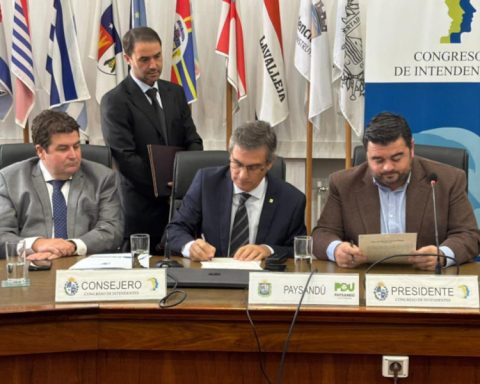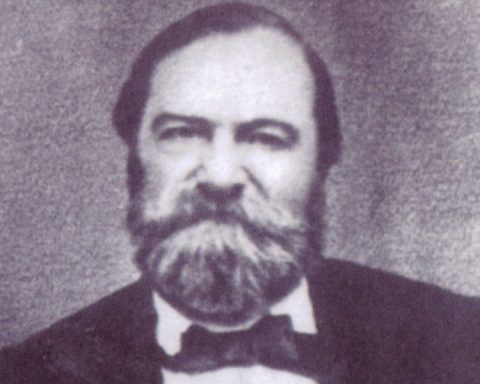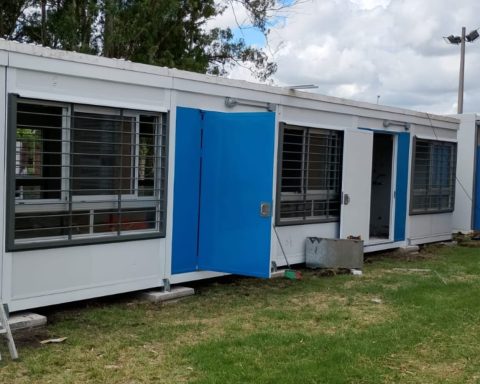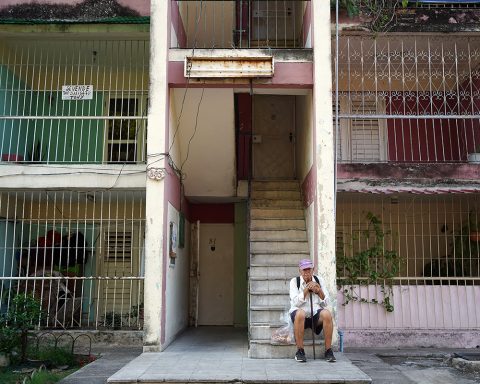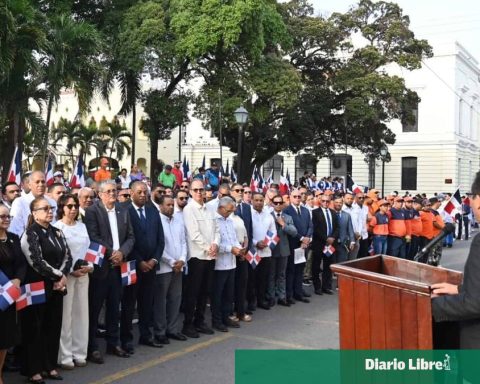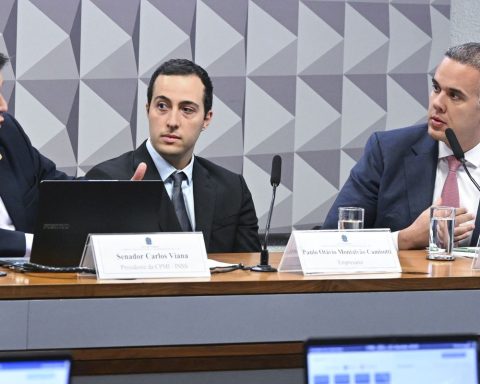The Minister of Labor and Social Security, Pablo Mieres, spoke on June 29 about the current situation and the challenges in terms of employment, salary and labor relations. He highlighted the recovery of jobs, together with the forecast of creating 40,000 new ones this year, the drop in informality to 22%, the salary recovery and the changes in labor relations.
The activity, organized by the Association of Marketing Directors of Uruguay (ADM) was also attended by the Secretary of the Presidency, Álvaro Delgado; the Minister of National Defense, Javier García; the Undersecretary of Labor and Social Security, Mario Arizti; the president of Banco República, Salvador Ferrer; the president of UTE, Silvia Emaldi; the president of Ancap, Alejandro Stipanicic; the president of the State Insurance Bank, José Amorín Batlle; the president of OSE, Raúl Montero; the president of the WMD Association, Jorge Abuchalja, and national and diplomatic authorities.
In his oratory, Mieres recounted the containment strategies developed by the ministry during the health emergency, which involved special unemployment insurance regimes with the creation of a new modality called partial and the various subsidies, whose objective was to contain the fall in jobs. of work and the sustainability of companies.
“We have recovered employment faster than expected, by the end of 2021 pre-pandemic levels were reached and even in some important indicators results were achieved above those of 2019.” In that sense, he referred to the economic growth of 4.4% as the main factor for the rapid recovery.
Regarding the number of people in unemployment insurance, he said that currently the figure ranges between 46,000 and 48,000 workers, of which almost 10,000 are in partial insurance, numbers similar to the 2015-2018 period, he said, adding that the informality rate fell to 22 % which implies a reduction of 3 points compared to the year 2020.
Mieres highlighted that in the last five years the number of green jobs has doubled, currently reaching 90,000 positions, and argued that their increase should be promoted to achieve sustainable labor development.
As main challenges in terms of employment, he highlighted the work to reduce inequities in labor access, both in terms of gender, age, socioeconomic level and disability situations. In this sense, he recalled that the employment promotion law that promotes the hiring of the most vulnerable sectors through state subsidies has been in force since the end of last year.
In addition, he reported that the ministry signed an agreement with the International Labor Organization (ILO) that will allow the implementation of a labor market information system to diagnose and monitor the evolution of occupations, predict market trends and better adjust training policies. labor.
Regarding wages, the minister highlighted the Government’s commitment that workers recover real wages, which will be in line with economic growth and the increase in jobs. He specified that in April an advance payment of 2% was announced for the public sector, while in the private sector 50% of the sectors involved had already agreed. “We are making significant progress in salary recovery, at the end of the period it is expected to reach the real salary level prior to the pandemic,” he said.
Regarding labor relations, he valued collective bargaining, tripartite spheres and the importance of social dialogue with workers and employers. At the same time, he said that they are working on a set of initiatives to modify and modernize the rules of the game of labor relations and highlighted the rule on strikes, the bill on union status and the adaptation of the collective bargaining law to international regulations. “We must develop criteria that allow us to determine fairer and more equitable negotiation levels,” he concluded.

